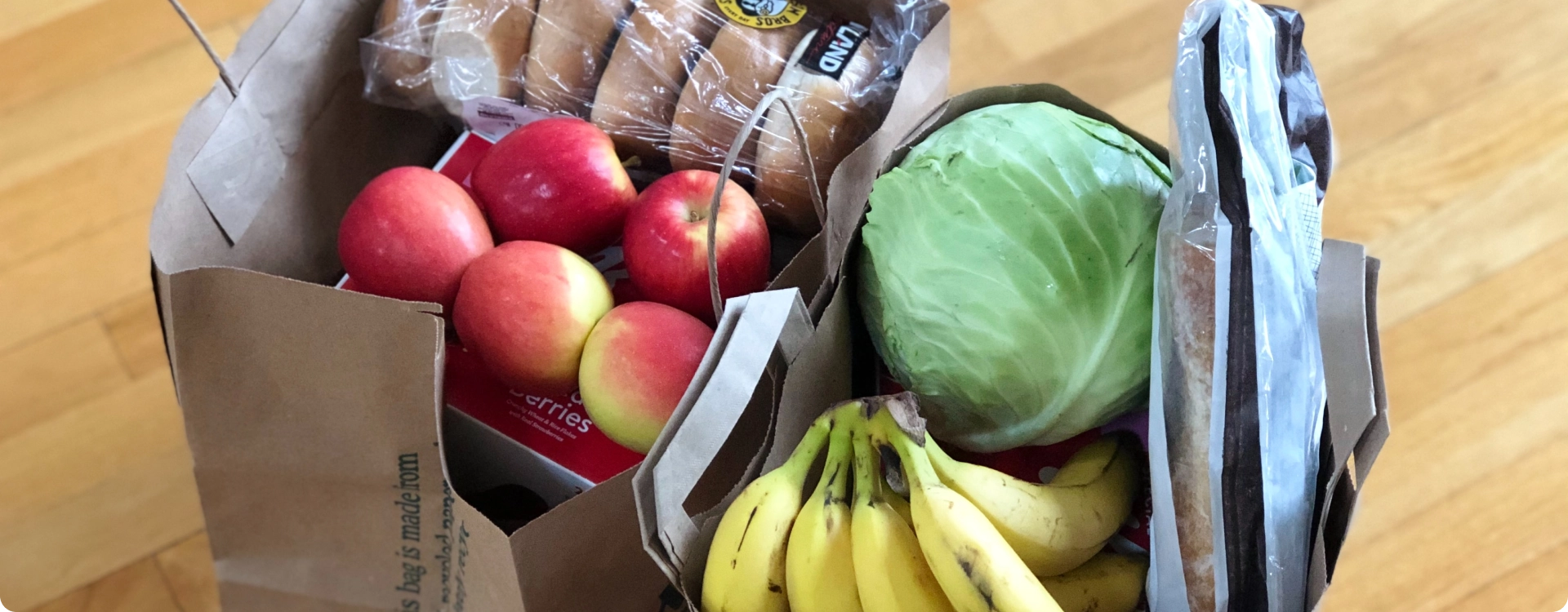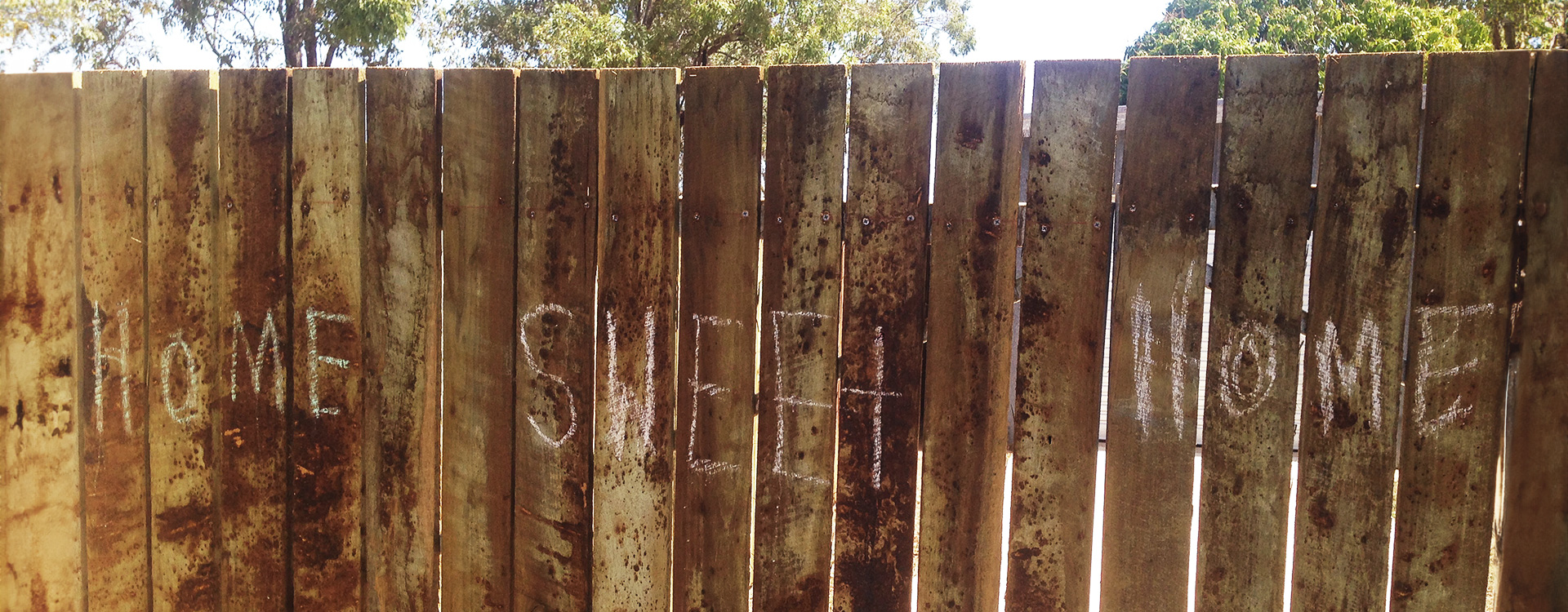Our Regional Support Services
Our aim is to assist the most vulnerable within our community to improve their lifestyle by provided quality, compassionate support services which empower our customers. Empowering our communities so they can make choices, provide opportunities for communities.
On this page
Housing, wellbeing and financial crisis supports
Regional Housing manages a range of support services with a common aim to assist customers experiencing housing, wellbeing and financial crisis. Support is accessed through the provision of general information and individual, flexible and holistic assessment of need to assist identifying personal strengths, barriers, and potential referral pathways while working towards achieving personal goals and improved whole of life outcomes.
In the event we may not be the most appropriate service to meet your needs, our skilled and professional staff will work with you to identify alternative supports pathway and connect you with services through the referral process that works best for you.
Current State and Federally Funded programs managed by Regional Housing include Emergency Relief, Financial Counselling, Specialist Homelessness Services, Intensive Case Management Support and Home Assist Secure.


All support services are free and confidential to access.
We welcome customer self-referrals as well as external agency or service referrals. Referrals can be made by presenting in person to one of our offices or through contact via phone, email, or website.
As a Child Safe Organisation, Regional Housing is committed to upholding and protecting the safety and wellbeing of children and young people accessing our services.
If you would like to know more about our support services, and how we can assist you meet your personal needs, please contact our office to speak to our front-line staff members who will provide more in-depth information regarding specific program eligibility criteria and capacity for service appointment timeframes.
Our Financial Support Services
Financial counselling
Financial counselling helps eligible people address their financial problems through the provision of information, advocacy and/or negotiation on behalf of the customer. It also aims to help people build longer term budgeting capabilities, better manage their money and make informed financial decisions. Our financial counselling service is available to anyone who is unable to pay their bills or at imminent risk of not being able to do so.

Funded by the Australian Government Department of Social Services and Social Shift
Emergency relief
Emergency relief may be able to assist you if you are unable to pay your bills or are at imminent risk of not being able to do so.
Assistance can range from advice and referral to appropriate services through to financial assistance including supermarket and petrol vouchers. Individual circumstances are considered at the time of your appointment.

Our Wellbeing Support Services
Housing and homelessness support
This service aims to assist households or individuals to obtain or maintain housing and encourage capacity for self-resilience, independence and community connection. The program also provides case management support to individuals or families residing in Regional Housing’s crisis accommodation, with the ultimate goal of addressing preventative barriers and facilitating the transition to independent living.

Case management
We can provide intensive case management support to vulnerable individuals or households who have identified support needs, with no current co-ordinated support in place and who are homeless or at risk of homelessness. Our primary focus is to support individuals to gain or sustain housing stability and improved whole of life outcomes. We also place emphasis on the importance of the household staying in the same home, to build upon connectedness to community and independence.

Mobile support
If you are homeless or at immediate risk of homelessness, the mobile support service offers advice, referral and support to overcome barriers such as housing, health, education, living skills, budgeting and relationships.

Home maintenance
Regional Housing can provide information, referrals and subsidised assistance to eligible people who are unable to undertake critical maintenance in their own homes, to help them remain living independently in their home.
Regional Housing is a Home Assist Secure Provider.

Door42 Youth Centre
The Door42 Youth Centre provides secure crisis accommodation and 24/7 support to young people who are at risk of, or are currently experiencing homelessness.
We are committed to our young people and their community. We foster a culture of ambition, self worth and resilience to help you be the best you can be, while assisting you to identify options and connecting you with support to overcome any barriers holding you back.
How we can help you
We offer safe and secure crisis accommodation for individual young people aged between 16 and 21 years.
Crisis and long term housing options are also available for young people with disability or young families aged between 16 and 25 years.
Our team will assist you in your search for long term, appropriate housing.
Youth Workers take time to understand your individual needs and circumstances while offering support to help you rebuild and take control of you life.
We will help you to build leadership skills and encourage you in your educational, career and life goals.
By teaching life skills we can assist you to be ready for successful independent living, fostering work readiness, employment, education and training.
Youth Workers offer intensive support where needed connecting you with specialist support providers.
What you need to know
- You must be aged between 16 and 25 years to be eligible for support from Door42 Youth Centre.
- You must be at immediate risk of homelessness or currently experiencing homelessness.
- There is a small charge for rent depending on your income.
- You must be willing to engage with our Youth Workers and participate in Case Management.
- Whilst a resident of the Door42 Youth Centre you must accept shelter instructions and procedures put in place for the safety and well being of all residents.
Contact Door42 Youth Centre
Address: 42 Taylor Street, Pialba QLD 4655
Phone: 1300 642 123
After Hours: 0412 699 087
Email: door42@regionalhousing.org.au

Queenslanders in need
Queenslanders in urgent need can get help from the department with:
• help to pay their rent, or
• emergency accommodation is available to those who do not have somewhere to live.
The Homeless Hotline is free and available 24 hours a day, seven days a week on 1800 474 753.
People in need of housing support and advice can contact the Department of Housing to find out what they are eligible for and how to apply. Housing advice and help is available on the website: Get housing advice and help | Homes and housing | Queensland Government (www.qld.gov.au), or by calling 13 QGOV (13 74 68).
Regards,
The Department of Housing
What does the support application process look like?
Our friendly team are here to help you every step of the way with your support application.

Step 1: Contact us
Contact the Regional Housing team to start your application process. You can use the contact form on this page, or one of the other ways of contacting us outlined on our Contact page.
Step 2: Meet with us
You might need to visit one of our offices in person to meet with one of our friendly team members. If you are visiting us for the first time and are unsure of what to expect, you can read our social stories to learn more.
Step 3: Discuss your needs
One of our Support Officers will speak with you to understand your individual needs and goals and see where we can assist you.
Step 4: Assistance
Based on your individual support needs, Regional Housing will either help you by providing support to you directly or we will assist you with the registration process to receive support through another provider.
Contact us for support assistance
Please submit the below form to contact our team. You can expect to hear from us within 24 hours.
If your need is urgent, you can contact us on 0412 699 087.
If you’re feeling at risk, dial 000 or call Lifeline on 13 11 14.
Support FAQs
The Regional Housing team have compiled a list of questions that we frequently get asked about our support services. Have a question that’s not listed here? Contact us and our friendly team will be able to help.
Yes! If you are having trouble paying your bills or you are at risk of not being able to pay your bills.
Yes, staff may request evidence of household income and bills, or what has impacted your ability to pay your bill.
If you are unable to provide requested information, please discuss this with staff to support your request.
Regional Housing does not manage a register or waitlist. Assessments completed via the Queensland Homeless Information Platform (QHIP) support identifying short term housing and support needs and potential referral pathways. An outcome of short-term housing cannot be guaranteed however the team can discuss case management support pathways to further assist.
To explore eligibility for social housing customers must complete a housing application with the Department of Housing.
Door42 Youth Centre FAQs
Unfortunately, you are not able to have a pet on site at the Door42 Youth Centre, however our staff can work with you to identify and support you in finding safe and stable options for your pet while you are participating in the program.
Any overnight stays are planned in consultation with your case manager to ensure that you are safe and that you are supported while you are not at Door42 Youth Centre.
Yes! This is a super important part of maintaining and building friendships and relationships and Door42 Youth Centre staff will support you as much as we can through case planning to ensure that your goals are identified and worked towards in this area.
At Door42 Youth Centre there is a small financial contribution required that is calculated based on your income. This contribution covers your food, water, electricity etc.
Emergency Accommodation short-term supported accommodation for a duration of identified need.
Crisis accommodation is not a long-term housing outcome.